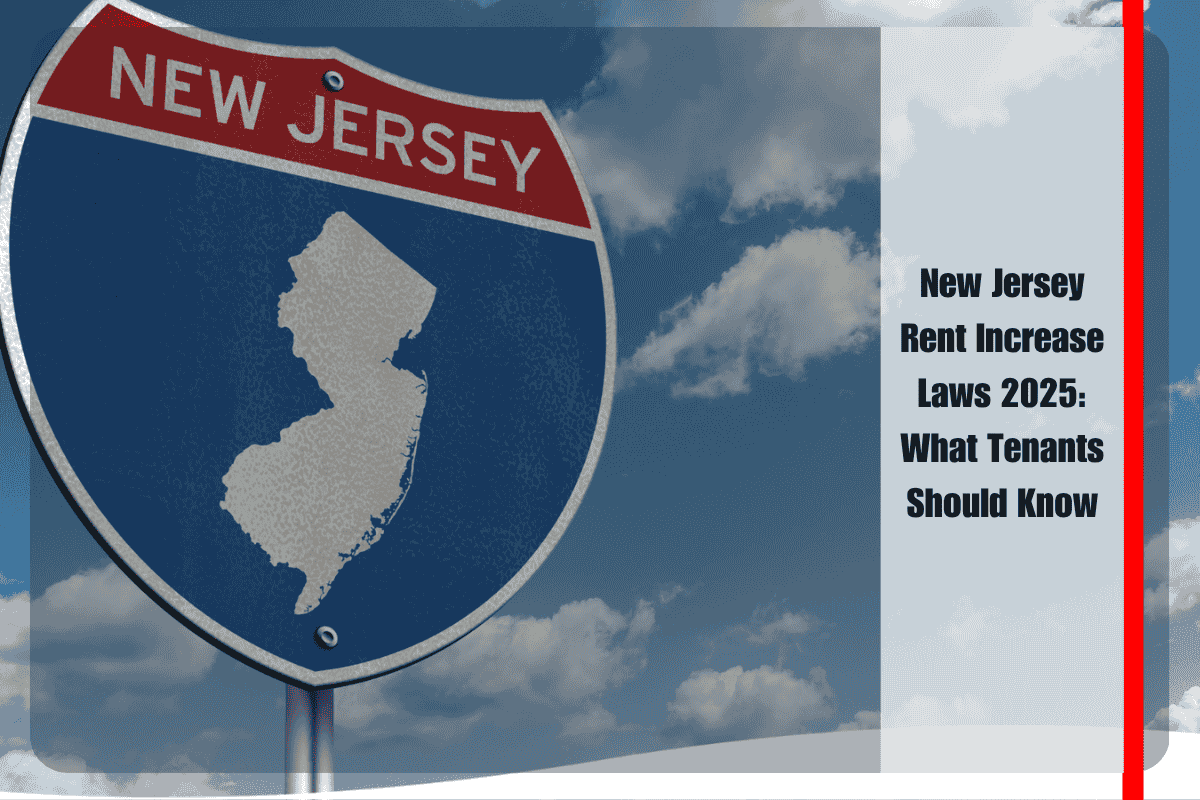In 2025, New Jersey does not have a statewide cap on rent increases for most traditional residential units, which means rent increase limits are primarily governed by local ordinances at the municipal level. Many cities and towns in New Jersey have their own rent control laws, which typically restrict annual increases to around 4%, but this limit may vary from place to place. For example, in Newark, the maximum allowable annual rent increase is capped at 4% for buildings that are covered by rent control regulations, while in other municipalities, increases may be tied to the Consumer Price Index (CPI) or a similarly determined percentage. These local ordinances often apply only to certain types of multifamily buildings and usually exempt owner-occupied two- or three-family homes and newer constructions.
State law allows landlords to increase rent once per lease term, whether the lease is yearly or month-to-month, provided proper written notice is given. While the standard notice period is typically 30 days, municipalities may impose longer notification windows. The required notice should clearly state the new rent, the effective date, and the percentage increase over the previous rent.
Even outside of rent-controlled areas, New Jersey prohibits landlords from imposing “unconscionable” or excessive rent increases. There is no exact statutory percentage for what is considered unconscionable, so each case may depend on factors such as comparable rental rates in the community, the condition of the property, landlord’s expenses, and market conditions. If a tenant feels that a rent increase is unreasonable or grossly out of line with similar properties, they can challenge the increase before the municipal rent control board (if one exists) or in civil court.
It is important for tenants to check the specific rules in their municipality because the caps, coverage, and notification requirements differ significantly depending on where the property is located. Furthermore, tenants in modular or manufactured homes may have special protections under recent legislation, including separate limits on rent increases for those dwelling types. Proposed statewide legislation exists that could further limit annual increases (such as capping them at 5% plus inflation or 10%, whichever is lower), but as of July 2025, these proposals have not yet become law and do not override stricter local controls where they exist.
New Jersey tenants in 2025 need to review their local rent control laws to determine the exact limit on rent increases and should ensure they receive proper notice of any increase. They also retain the right to dispute any increase they consider excessive by contacting their local rent board or seeking legal advice.
Sources
[1] https://www.nj.gov/dca/codes/publications/pdf_lti/rnt_incrse_bultin.pdf
[2] https://legiscan.com/NJ/text/A5432/id/3165079
[3] https://legiscan.com/NJ/text/A3361/id/3260143
[4] https://statesassembly.je/publications/propositions/2025/p-24-2025
[5] https://www.billtrack50.com/billdetail/1667276












